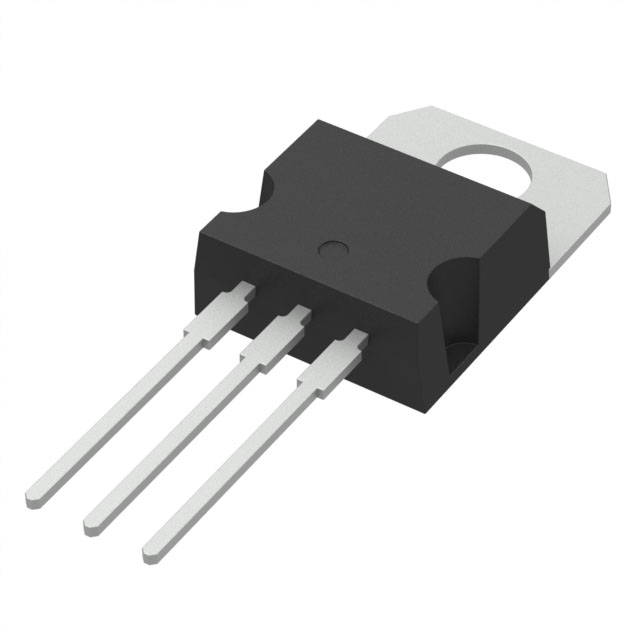
STPSC20H065CTY
ActiveAUTOMOTIVE 650 V, 20 A HIGH SURGE SILICON CARBIDE POWER SCHOTTKY DIODE
Deep-Dive with AI
Search across all available documentation for this part.

STPSC20H065CTY
ActiveAUTOMOTIVE 650 V, 20 A HIGH SURGE SILICON CARBIDE POWER SCHOTTKY DIODE
Deep-Dive with AI
Technical Specifications
Parameters and characteristics for this part
| Specification | STPSC20H065CTY |
|---|---|
| Current - Average Rectified (Io) (per Diode) | 10 A |
| Current - Reverse Leakage @ Vr | 100 µA |
| Diode Configuration | 1 Pair Common Cathode |
| Grade | Automotive |
| Mounting Type | Through Hole |
| Operating Temperature - Junction [Max] | 175 ░C |
| Operating Temperature - Junction [Min] | -40 °C |
| Package / Case | TO-220-3 |
| Qualification | AEC-Q101 |
| Speed | 200 mA, 500 ns |
| Supplier Device Package | TO-220 |
| Technology | SiC (Silicon Carbide) Schottky |
| Voltage - DC Reverse (Vr) (Max) [Max] | 650 V |
| Voltage - Forward (Vf) (Max) @ If | 1.75 V |
Pricing
Prices provided here are for design reference only. For realtime values and availability, please visit the distributors directly
| Distributor | Package | Quantity | $ | |
|---|---|---|---|---|
| Digikey | Tube | 1 | $ 7.23 | |
| 50 | $ 5.77 | |||
| 100 | $ 5.16 | |||
| 500 | $ 4.55 | |||
| 1000 | $ 4.10 | |||
| 2000 | $ 3.84 | |||
Description
General part information
STPSC20H065CWLY Series
The SiC diode, available in DO-247 with long leads, is an ultrahigh performance power Schottky rectifier. It is manufactured using a silicon carbide substrate. The wide band-gap material allows the design of a low VFSchottky diode structure with a 1200 V rating. Thanks to the Schottky construction, no recovery is shown during turn-off and ringing patterns are negligible. The minimal capacitive turn-off behavior is independent of temperature.
Based on latest technology optimization, this diode has an improved forward surge current capability, making it ideal for use in PFC, where this ST SiC diode boosts the performance in hard switching conditions while bringing robustness to the design. Its high forward surge capability ensures a good robustness during transient phases.
Documents
Technical documentation and resources


